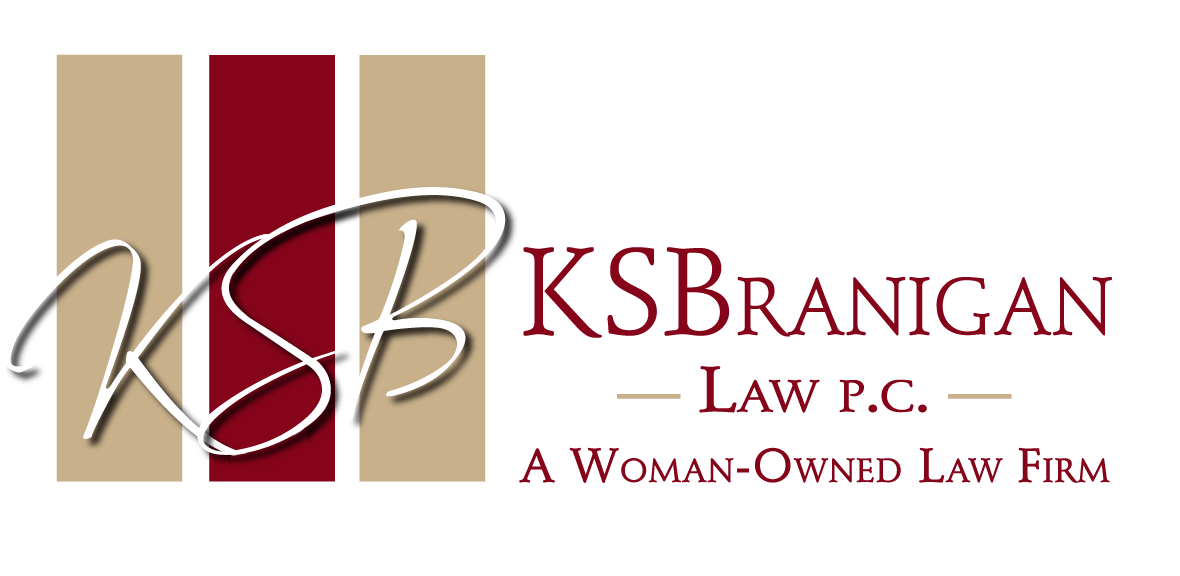In two landmark cases, the United States Supreme Court has stayed OSHA’s “COVID-19 Vaccination and Testing; Emergency Temporary Standard” (ETS) that requires nearly all employers with over 100 employees to require workers to be vaccinated or regularly test for COVID-19. The Court has upheld the vaccination mandate issued by the Department of Health and Human Services that applies to healthcare workers in nursing homes and other healthcare facilities receiving Medicaid and Medicare funds.
On January 13, 2022, in a 6-3 ruling in National Federation of Independent Businesses v. Occupational Safety and Health Administration, the Court granted emergency relief and stayed OSHA’s ETS mandate to employers with over 100 employees that requires workers to be vaccinated or regularly test for COVID-19. In doing so, the Court determined that the ETS mandate exceeds OSHA’s legal authority. The Court highlighted the limits of OSHA’s authority granted by Congress under the Occupational Safety and Health Act, stating that the “Act empowers the Secretary to set workplace safety standards, not broad public health measures.” The Court recognized that:
…although COVID-19 is a risk that occurs in many workplaces, it is not an occupational hazard in most. COVID-19 can and does spread at home, in schools, during sporting events, and everywhere else that people gather. That kind of universal risk is no different from the day-to-day dangers that all face from crime, air pollution, or any number of communicable diseases. Permitting OSHA to regulate the hazards of daily life—simply because most Americans have jobs and face those same risks while on the clock—would significantly expand OSHA’s regulatory authority without clear congressional authorization.
The Court noted that OSHA has the authority to regulate specific occupational risks related to COVID-19 where the virus poses a “special danger” because of the “particular features of an employee’s job or workplace” and “targeted regulations are plainly permissible.” However, the Court held that OSHA’s ETS mandate is overly broad because it is directed towards nearly all employers with over 100 employees and “draws no distinctions based on industry or risk of exposure to COVID-19.” Thus, “[r]equiring the vaccination of 84 million Americans, selected simply because they work for employers with more than 100 employees” is beyond OSHA’s powers to regulate occupational dangers and not “part of what the agency was built for.”
In a separate but related ruling, in Biden v. Missouri, the United States Supreme Court stayed preliminary injunctions against a ruling by the Secretary of the Department of Health and Human Services (HHS) that requires in-person staff at nursing homes and other healthcare facilities receiving Medicare and Medicaid funds to be vaccinated against COVID–19 (unless those workers are exempt for medical or religious reasons). The Court maintained that the Secretary of the HHS has acted within the authority conferred by Congress. The Court reviewed the Secretary’s rationale that a COVID-19 vaccine mandate will substantially reduce the likelihood that healthcare workers will contract the virus and transmit it to their patients.” The Court was persuaded that the Secretary had “accordingly concluded that a vaccine mandate is ‘necessary to promote and protect patient health and safety in the face of the ongoing pandemic.’” Therefore, the Court held that a “vaccination requirement under these circumstances is a “straightforward and predictable example of the ‘health and safety’ regulations that Congress has authorized the Secretary to impose.”
Thus, the federal OSHA vaccinate-or-test mandate will not take effect at this time, and many employers with over 100 employees will not be required under federal law to adopt policies mandating vaccinations or subject employees to vaccine-or-test policies. However, covered employers in the healthcare industry are required to comply with HHS’s vaccination mandate.
Nonetheless, all employers should still be mindful of state or local requirements with respect to vaccinations and testing. Further, employers should take note that they have a general duty under federal and state safety and health laws to protect workers against the spread of COVID-19 and create a safe and healthful workplace. Thus, it remains within the purview of each employer to determine how best to proceed given its workforce and attendant risks.
This summary is for informational purposes only and is not intended to constitute legal advice. This information should not be reused without permission.


